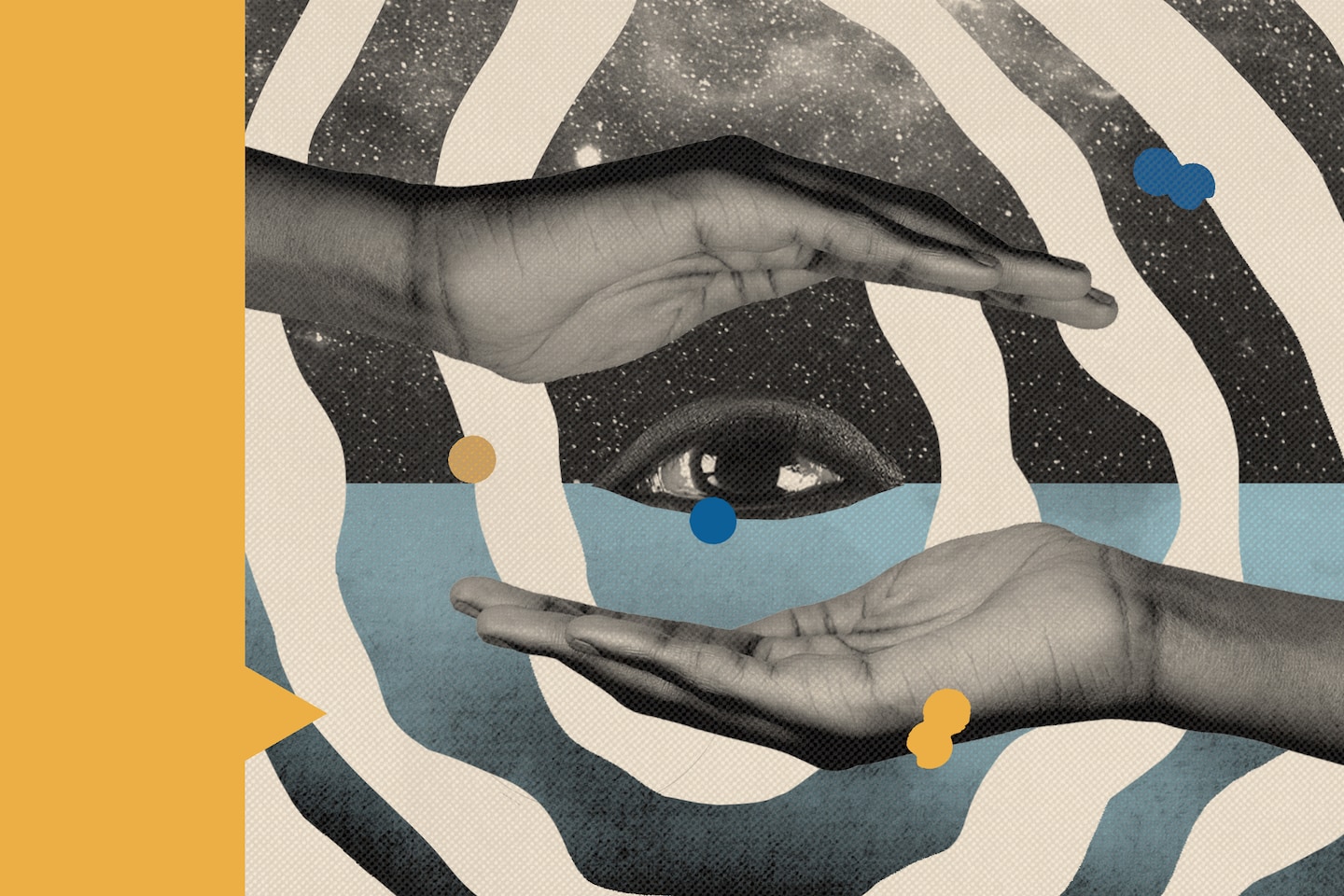Dear Sahaj,
I am a 33-year-old Caucasian American engaged in a long-distance relationship with a gentleman from India. Our relationship, which began online, has spanned six months of virtual interactions through video calls and daily messages. Both of us work in the medical field and share similar values. While I have virtually connected with many of his family members, I am yet to meet his parents, an introduction that is scheduled to take place during my upcoming visit to India.
Recently, he obtained a visa to visit me in the United States, expressing a strong desire to meet my family. Despite sharing his enthusiasm, I am faced with the challenge of introducing him to my conservative Christian family. Their initial concerns about my online dating escalated upon learning about his Hindu background, leading to frequent discussions revolving around religion and culture. Their remarks such as “you eat HIS food,” “wear HIS clothes,” and “listen to HIS music” reflect their apprehension, with insinuations that he may have ulterior motives like obtaining a green card, despite his successful medical career and preference to remain in India.
Adapting to his cultural influence, I have embraced Indian cuisine, attire, music, and movies, albeit maintaining my identity and profession. While my family initially engaged warmly during video calls, their recent reactions involve avoidance, discomfort, and discouragement of future interactions. Securing my family’s approval is paramount, yet bridging the gap between their apprehensions and my relationship goals seems daunting. Struggling to navigate this cultural and familial divide, I seek advice on fostering acceptance and understanding without compromising my values or sanity.
— An American in Love With an Indian
An American in Love With an Indian:
Navigating the complexities of cultural differences and family expectations requires patience and empathy. Your family’s reservations stem from a blend of cultural and religious disparities and genuine concerns about your evolving identity within the relationship. Acknowledging and addressing these concerns gradually, rather than all at once, may pave the way for a more receptive dialogue.
Initiating candid conversations with your family about your faith, relationship dynamics, and personal aspirations can offer insights into their underlying fears and misconceptions. While their apprehensions may persist, emphasizing your autonomy in making adult decisions and respecting their perspectives can foster mutual understanding.
When confronted with statements like “you’re not even you anymore,” delve deeper into their apprehensions to discern their underlying worries about your evolving identity. Striking a balance between appreciating your partner’s culture and maintaining your individuality is crucial in nurturing a harmonious intercultural relationship.
Approaching these discussions with openness and patience, validating their concerns, and highlighting shared values beyond cultural differences can help bridge the emotional gap. While familial acceptance is significant, acknowledging that this journey may entail gradual progress or potential acceptance without full approval is essential for your emotional well-being and relationship growth.

